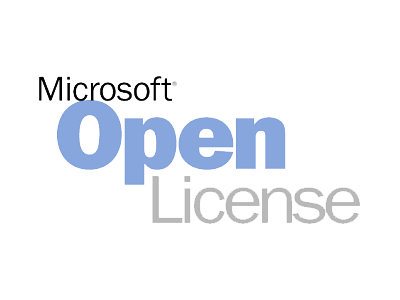Open Education and Pedagogy
Open education is very important as it makes learning more inclusive and accessible. The aim of open education is to provide resources (OER) such as courses, textbooks, and multimedia platforms to improve and adapt education in an increasingly digital world. Instructors have more freedom to cater to their students needs in a variety of ways through the use of different platforms. Overall open education encourages collaboration and increases access to education by removing barriers such as cost, location, language, time conflicts, etc.
Open pedagogy is an approach to education that promotes communication/collaboration and the exchange of knowledge/information from both instructors and students. As spoke about in this weeks reading by Hegarty, it creates a more inclusive and accessible learning environment by using open educational resources (OER) and allows for a more flexible learning experiences. Additionally, a more personalized learning experience can be seen as students and instructors can work together to adapt and improve learning materials.
The Roles of OER’s
Open Education Resources (OERs) are crucial in making education accessible by providing access to learning materials freely. This helps to reduce the costs of education, making it more affordable and accessible to all. OERs also allow for personalized content to better suit students needs. More personalized content keeps learning unique and engaging, which keeps students motivated to engage with the content. As Bliss and Smith speak about throughout their article, OERs offer high-quality resources that encourage equity and inclusion in education, while also helping to reduce the costs of education and creating space for innovative teaching and learning practices.
Open Licensing Explained
Open Licensing is the permission/legal steps that is required to use, distribute, and modify educational materials. It allows for the collaboration and sharing of this information without standard copyright. This is very important in our education system as it provides access to high-quality educational resources, no matter your location or other barriers. This also enhances the educational experience as it allows for students and instructors to have access to information globally. Having global access to resources in education allows for greater equity, collaboration, economical developments, overall learning, and global challenges are able to reach broader audiences.
Challenges of Implementing Open Pedagogy and OERs
Although there are many benefits that come from implementing open pedagogy and OERs, there are many challenges that also follow. Some of these challenges include the quality assurance, technological access, ensuring proper licensing of some resources, etc. While technology has been becoming increasingly popular, not everyone is able to have consistent access to a computer. Additionally, for group projects it can be challenging to find times to meet if there are time differences or other barriers from being in different locations. For instructors it can be challenging to maintain sustainability, communication, and proper training. This is because with open pedagogy, comes digital ethics and many other frameworks that are constantly evolving to improve the security of institutions, instructors, and students.


Leave a Reply